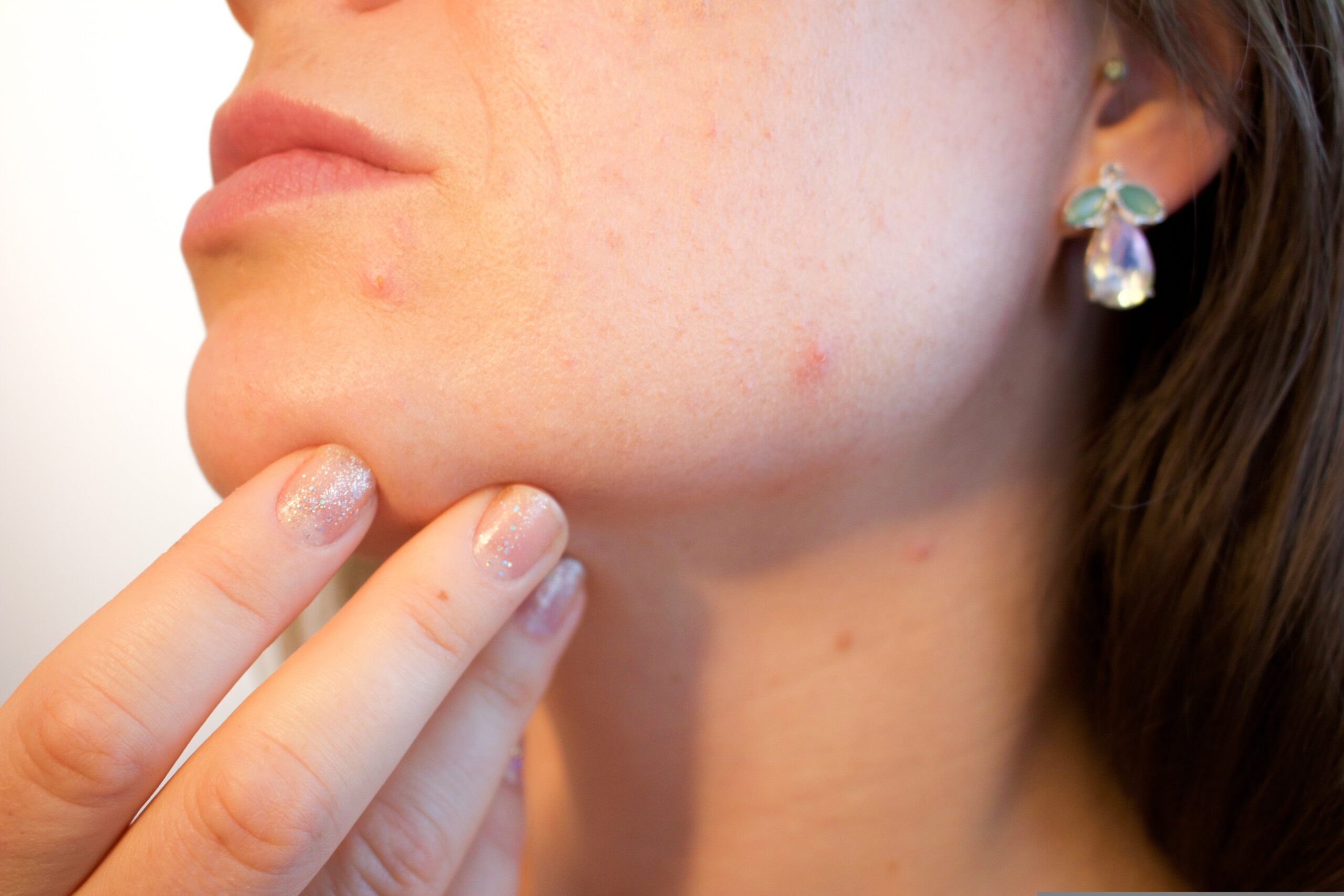Maintaining a healthy lifestyle is important for general wells and longevity. The development of healthy habits can have a major impact on physical, mental and emotional health. A balanced lifestyle includes proper nutrition, regular physical activity, adequate sleep, stress management, and maintaining social connections. Including these habits in your daily routine will encourage a fulfilling and energetic life.
Nutrition plays an important role in maintaining a healthy lifestyle. A balanced diet that includes a variety of fruits, vegetables, whole grains, lean protein and healthy fats ensures essential nutrients for the body. Avoiding processed foods, excess sugar and unhealthy fats can help prevent chronic diseases such as diabetes, heart disease and obesity. Drinking the right amount of water every day is equally important for hydration and general physical functioning. Maintaining exercises like going, jogging, swimming, yoga, and more can help you maintain cardiovascular health, strength and flexibility. Including travel in everyday activities, such as stairs and short-distance stairs instead of elevators, contributes to an active lifestyle. Strength training and flexibility exercises help maintain bone density and prevent injuries. Failure to sleep can lead to weakening of the immune system, lowering cognitive functions, and increased levels of stress. Decide on a consistent sleep plan, create a comfortable sleep environment, and limit screen time before bedtime can improve your sleep quality. Avoiding caffeine and serious diet before going to bed will contribute to better and gentler recovery. Chronic stress can have negative effects on your physical and mental health, leading to illnesses such as anxiety, depression, and high blood pressure. Practices of relaxation techniques such as meditation, deep breathing exercises, and mindfulness can help reduce stress. Hobbies, outdoor time, and maintaining a positive mindset contribute to general emotional well-being.
Maintaining social connection is essential for mental and emotional health. Establishing strong relationships with family, friends and community provides a sense of support and belonging. Participation in social activities, volunteering, or contributions to a club or organization can help individuals maintain commitment and connection. Positive social interactions improve mood, reduce stress and promote general well-being. These behaviors can lead to serious health issues, including lung disease, liver damage, and increased risk of cancer. Healthier decisions like stop smoking or alleviating alcohol consumption will be well-present and greatly improve durability.
Consistency is key to maintaining a healthy lifestyle. Make changes over time, determine realistic goals and ensure long-term success. Small sustainable steps, such as healthier diet choices, inclusion of daily movements, and prioritizing intellectual wells, lead to lasting positive outcomes. By adopting these habits, individuals can achieve a balanced and fulfilling life, while simultaneously promoting daily health and durability. Telling you the importance of a balanced diet, regular physical activity, good hygiene and proper sleep will promote your physical, mental and emotional well-being. Setting these habits early will help children maintain a healthy lifestyle as they grow up.
Nutritious diets are essential for the growth and development of children. By offering a variety of fruits, vegetables, whole grain products, lean proteins and dairy products, she guarantees you will receive the essential vitamins and minerals. Encourage children to drink large amounts of water instead of sugary drinks, helping them stay hydrated and support their general health. Limiting processed foods, excess sugar and unhealthy snacks can help prevent obesity in childhood and other health issues. These habits affect physical, mental and emotional health, help young people deal with their challenges, and at the same time create a strong foundation for adulthood. A balanced diet, regular physical activity, good hygiene, quality sleep and promote effective stress management ensure general health and wells.
Maintaining good hygiene is essential for preventing infectious diseases and diseases. Regular swimming, oral care, and clean clothes contribute to personal comfort and confidence. Skin care is especially important for older people, as the skin is more fragile and prone to dryness. Regular use of gentle cleansers and moisturizers can help you maintain healthy skin. Taking relaxing activities like meditation, deep breathing exercises, gardening, and listening to music can help reduce stress. Participation in hobbies and interests brings joy, providing purpose and fulfillment. When dealing with family, friends and groups, you can prevent loneliness and isolation. Participation in group activities, volunteering and contributions to the club provides meaningful interaction and support opportunities. By making healthy decisions such as ending smoking and reducing alcohol consumption, you reduce the risk of heart disease, breathing problems and other chronic diseases. early. Regular screenings, vaccinations, and the following prescription drugs will ensure better health outcomes. Advising a relative of health professionals seeking advice on nutrition, physical activity and mental wells can help you prepare a health plan that meets your individual needs. It helps you think about positive experiences, raise discussions, and set small achievable goals. It promotes a sense of satisfaction and purpose. Small and manageable changes lead to significant improvements over time. Promotion of a supportive environment and self-care allows older people to enjoy a fulfilling, active and independent life.



